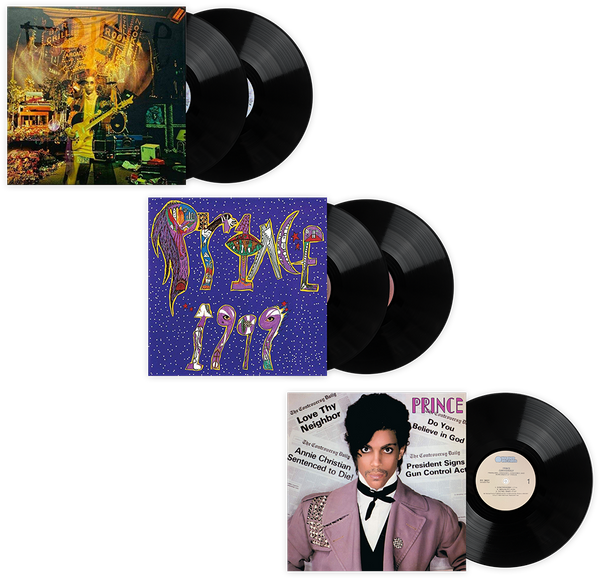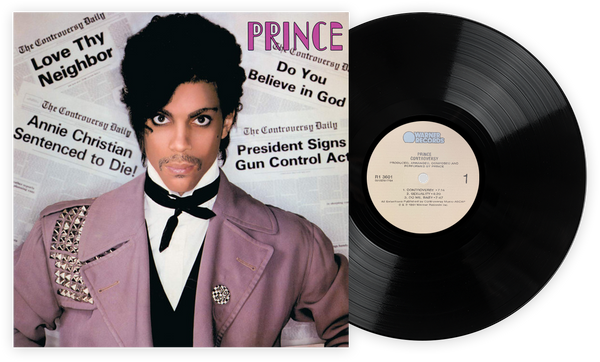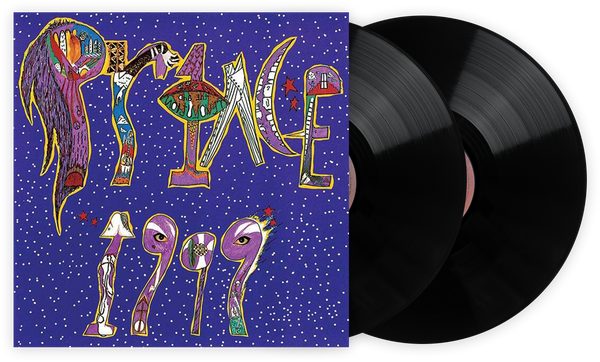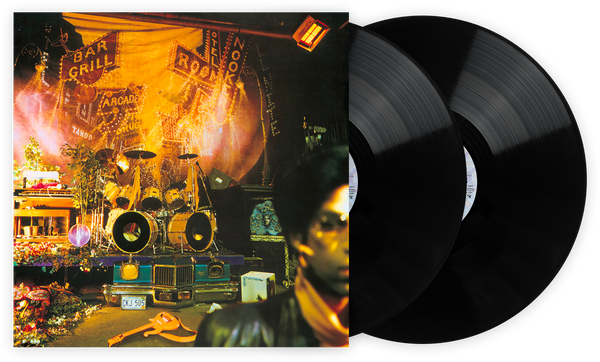Sylvan Esso’s Immersed In ‘Free Love’
Their Third Album Pairs Precise Production With Deliberate Lyrics
In Sylvan Esso, a song starts as a feeling: sound comes after. Duo Amelia Meath and Nick Sanborn value honesty above all when they write — a “human moment” to ground every song. Speaking from the woods near their recording studio outside of Chapel Hill, North Carolina, their words sometimes get lost among bird calls and wind, utterly fitting for a band that, as Sanborn says, loves “records where the place the album was made feels like a deep layer in the record itself.”
There’s perhaps no better example than “Rooftop Dancing,” a single from their forthcoming album and an ode to New York summers. The track features a buzzsaw they both heard while recording as the rest of their studio was being built around them. They’re intent on other song-world immersions too; they hunted down and integrated a clip of the double dutch song “Pizza Pizza Daddy-O,” which Meath remembered from childhood.
Sylvan Esso’s third record, Free Love, is out Sept. 25, 2020. An energetic, enveloping album, Free Love is never frantic — it exclaims and exalts. It’s electronic dance music with a pulsing heart, led by its attention to emotion.
“You start writing without thinking about where you’re going; you just start trying to react to the emotional moment you’re having,” Sanborn says. “As you slowly develop an album, you slowly get more and more moments and more and more of a body of work, and it’s not until then that you can look back and figure out what it is, on a macro scale, that you are writing about as a whole.”
Free Love feels fresh and crisp because there’s no fat to trim. Meath and Sanborn are deliberate writers, and know when to step back from production — or when they’ve overstepped, and need to retreat — and let the song go free. Sanborn credits Meath for knowing when to pull back, a skill most evident on the three sparer tracks: “What If,” “Free,” and “Make It Easy.”
“The way that you get people to actually listen and understand what you’re trying to say is if you can figure out a way to be as articulate as possible in the quickest amount of time,” Meath says. “I’m a firm believer in that, and there's nothing that makes me less interested in thinking of someone's point [than] if they say it four different ways to me at the same time.”
Each song is an exhilarating entry into another world, built on themes surrounding love but never quite so direct. “Ferris Wheel” bursts forward, simultaneously self-aware and brash; “Train” slyly self-references with “Pop music makes me go insane / Four on the floor / And the tracks keep changing” and then, a bit sillier, adds, “It’s an electric slide in my DMs.”
“Usually we’re just looking for an energetic push, like some sort of feeling, and by talking about the feeling we want to give people, we come up with ideas for sound,” Meath says.
Push is the perfect word: tracks on Free Love bounce ahead into one another, never harsh but always driven. The effect isn’t bubblegum, but neon. “Runaway” and “Rooftop Dancing” are relentlessly warm, and the rawer “Free,” which is actually a recording of an FM transmitter playing the song, avoids cloying in favor of sincerity as it ponders: “People always ask me / What it’s like to love everybody.” The track begins with an exchange of “I love you” between Sanborn and Meath — they’ve been partners musically since 2013, and have since married.
“The record is definitely about figuring out how to love people, but also the minute you say it like that, it crushes the delicacy of the idea,” Meath says.
As much as an album titled Free Love appears to be about just that, there’s something elusive about the album: It resists an easy label. It ushers you in, and lets you decide how to hear it.
It’s kind of like the band’s performance on Full Frontal with Samantha Bee. Dressed in a puffy-sleeved dress and white sneakers, Meath sings into a wired mic from the open back of a truck as it rocks slowly through a farm. Dogs and a pig run alongside the truck. She gestures out as she sings, a bit to the animals and a bit to us.
Just like the animals, we follow along as the camera tracks her and the truck keeps moving. Meath endlessly beckons us forward even as the truck winds through the dirt. We can see her, we can hear her, but as much as we head toward her, we can never quite get close. And with all this teasing, that’s all we want.
Photo above by Elizabeth Weinberg
Caitlin Wolper is a writer whose work has appeared in Rolling Stone, Vulture, Slate, MTV News, Teen Vogue, and more. Her first poetry chapbook, Ordering Coffee in Tel Aviv, was published in October by Finishing Line Press. She shares her music and poetry thoughts (with a bevy of exclamation points, and mostly lowercase) at @CaitlinWolper.
Join the Club!
Join Now, Starting at $44Exclusive 15% Off for Teachers, Students, Military members, Healthcare professionals & First Responders - Get Verified!








